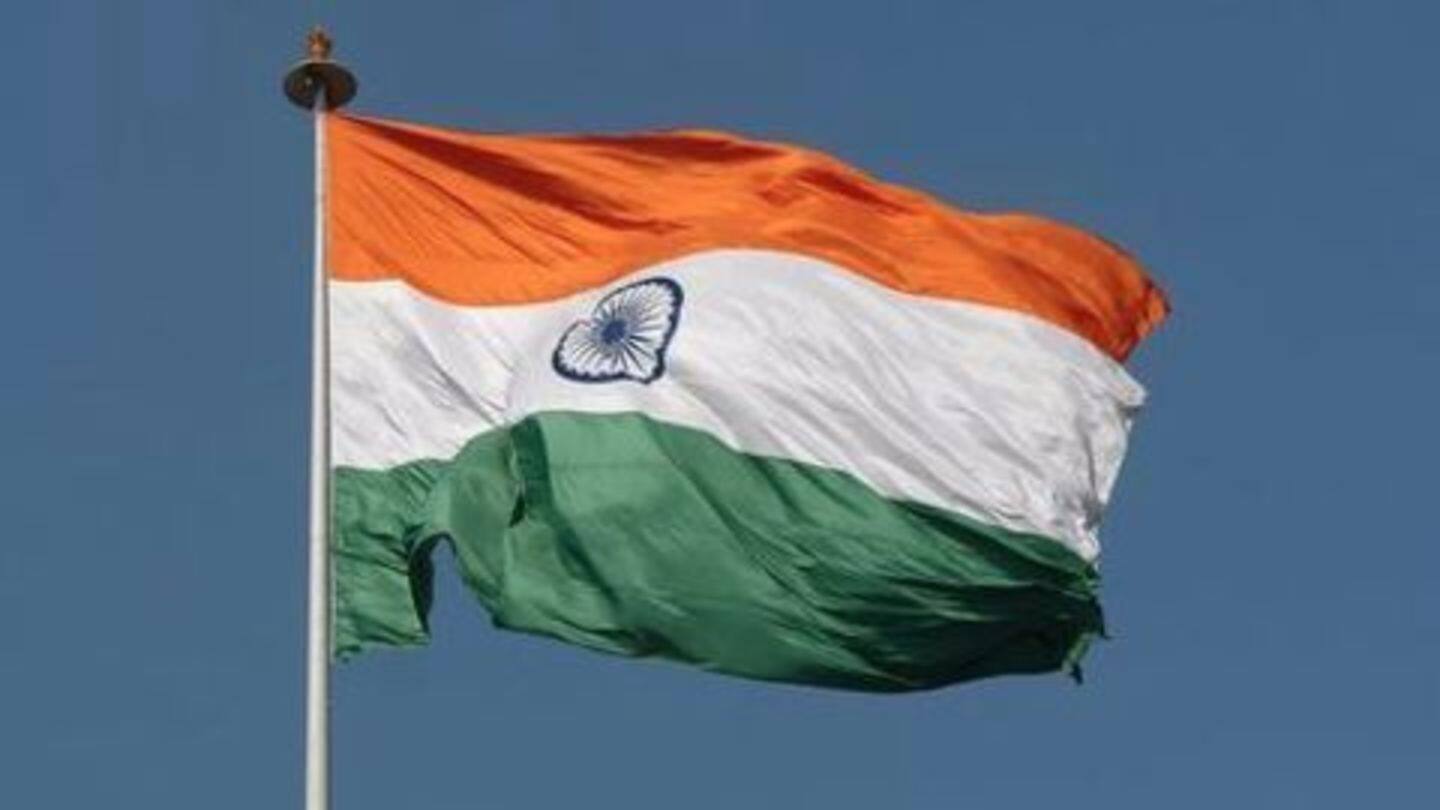
India gains membership to International Energy Agency
What's the story
India has gained Associate Membership to the Paris based International Energy Agency. Minister of State for Petroleum and Natural Gas Dharmendra Pradhan and Minister of State for Power, Coal, New and Renewable Energy and mines Piyush Goyal were present at the joining ceremony in New Delhi. The development means India will now be heard as the voice of emerging economies in the global energy-market.
IEA
What is the International Energy Agency?
The IEA was set up in 1974 under the framework for the Organization for Economic Co-operation and Development, in response to the 1973 oil crisis. The organization seeks to respond to disruptions in global oil supply and provide statistics on global energy consumption patterns. It provides policy advisories for its 29 member countries, and helps improve energy efficiency in their member nations.
India Energy
India's energy situation
India currently has one fifth of the world's population and consumes only 6% of the world's energy. Access to energy is still not available in all parts of the country, and the government is undertaking massive modernization programs for electrification. In addition India seeks international support for the International Solar Alliance Framework. India's hydrocarbon consumption is also expected to rise exponentially with development.
Information
India, China: Associate members, not full
India and China are associate members of the IEA, not full members. Associate membership means India can attend all meetings and dialogues, but will not entail any additional burden or commitment on the government or people of India.
Benefits
How will India benefit?
Joining the IEA will help India stay at the forefront of global energy trends, helping the government plan national-energy policies along global standards. It will also help India to promote understanding of its national interests and concerns on global energy markets. In addition associate membership will mean India would not be bound by any obligations that member nations may be forced to abide by.